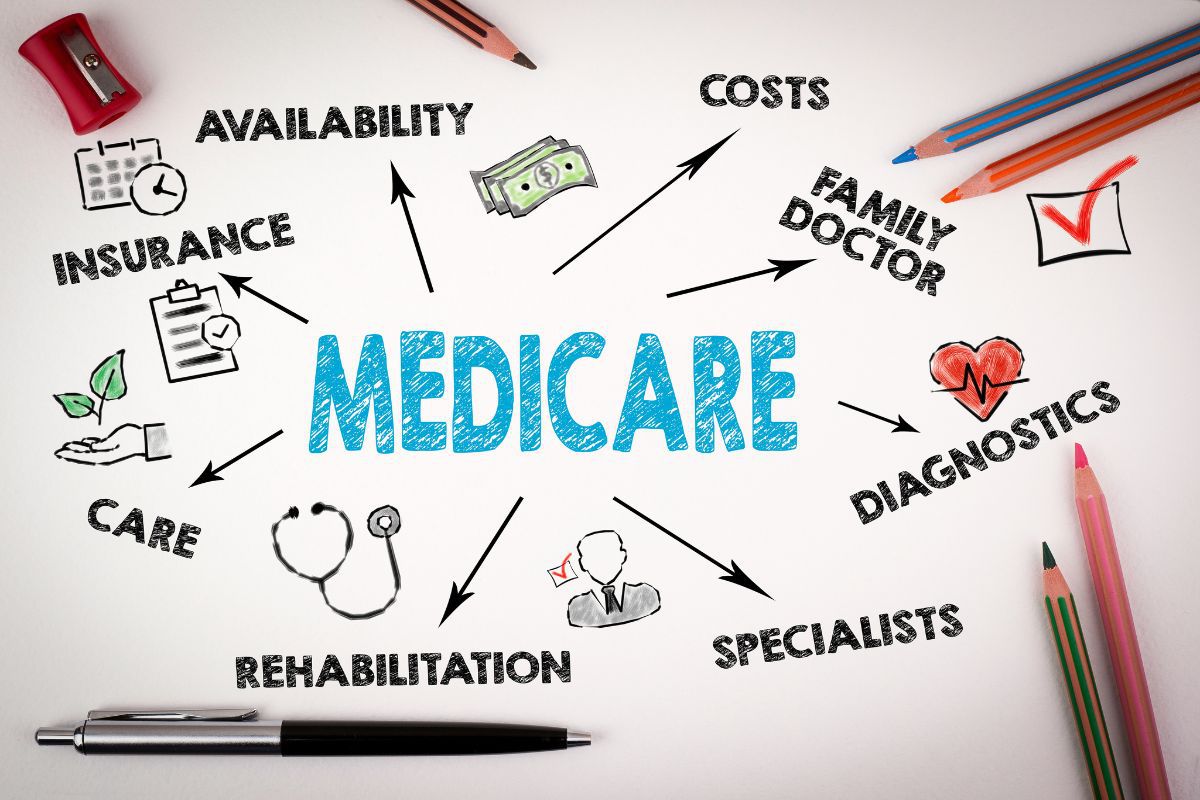Most Medicare recipients would like to receive all available benefits, but it can be difficult to understand eligibility. In fact, Medicare Part A coverage has been elusive for some patients. For example, people who needed to move from a hospital setting to a long-term, skilled nursing facility found they did not meet the three-day inpatient requirement. Recently, a bipartisan group of Members of Congress introduced legislation that could improve access to Medicare Part A benefits.
Medicare Part A, Patient Status, and Skilled Nursing Facilities
Original Medicare consists of two basic types of coverage:
- Part A covers hospital care, skilled nursing facility care, hospice, and home health services.
- Part B covers care received from health care providers, outpatient care, certain types of durable medical equipment, and preventive services.
But while recipients have access to Medicare to cover stays at skilled nursing facilities, there is a catch. The patient first must have a three-day inpatient hospital stay. This means that the hospital must classify the patient as an inpatient. However, hospitals sometimes assign “observation” status to patients. This is true even when the patient receives the same care as others classified as “inpatient.”
In addition, the Centers for Medicare and Medicaid Services (CMMS) maintains an “inpatient only” list of approved procedures and services. But CMMS has been removing procedures and services from the list. This action will serve to limit access to Medicare for more patients who need skilled nursing facility care.
During the COVID-19 public health emergency, Medicare dropped the three-day inpatient requirement. But as we head into recovery, that reprieve may end.
What the Proposed Legislation Offers
If the new law passes, patients will be able to count outpatient “observation status” time toward the three-day inpatient requirement. They then can have access to Medicare Part A unless otherwise ineligible. This, in turn, triggers their skilled nursing facility benefits.
For example, Stan was in the hospital for five days. But he was classified as “observation status” for the first three days. At the end of five days, his doctors discharged him to be transferred to a skilled nursing care facility. Under the current rules, and assuming the temporary COVID-19 changes expired, Stan is not eligible for Medicare Part A benefits. Under the proposed law, Stan’s access to Medicare Part A would be allowed because he met the three-day inpatient rule.
About the Author
Attorney Robert Slutsky was one of the first lawyers in Pennsylvania to focus on elder law issues. Since 1992, he has helped countless people plan for their future, set up proper estate plans, plan to protect assets and care for loved ones, and successfully apply for Medicaid.
Please give us a call at (610) 940-0650 or contact us through our website. We have been serving clients throughout Chester, Delaware, Montgomery, Bucks, and Philadelphia Counties, and beyond for almost three decades.
For a listing of skilled nursing and rehabilitation facilities, please check out our Chester County PA Elder Law Directory and Senior Guide online at:

